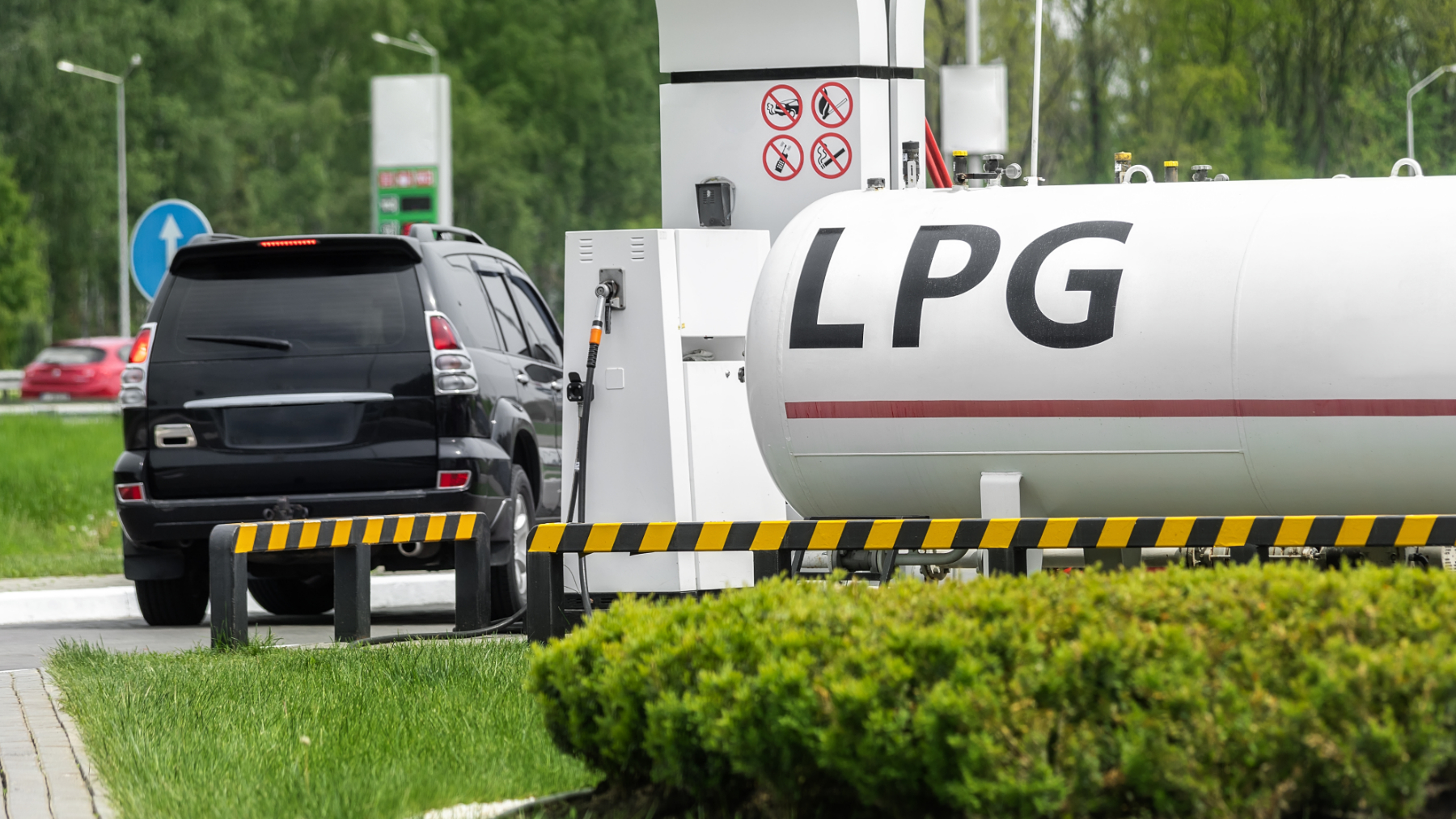Goodbye to one of the alternatives to electric and combustion cars


Liquefied Petroleum Gas (LPG) vehicles were once seen as a promising eco-friendly alternative to gasoline and diesel cars. In Spain, they are even classified with the Eco environmental label, as they emit fewer harmful substances like lead, sulphur, or benzene. This made them a viable option compared to traditional combustion engines, which are expected to disappear in the coming decades due to environmental regulations.
However, the fate of LPG-powered cars now seems uncertain, and they may soon vanish from the market before even gasoline and diesel cars do. Despite being environmentally friendlier and offering advantages to the petroleum industry, due to their compatibility with existing infrastructure, LPG cars are being phased out. This shift is happening even as electric vehicles continue to gain momentum, pushing LPG vehicles out of production plans for several major car manufacturers.
Italy Leads the Way in Abandoning LPG Cars
Although LPG is cheaper than diesel and is seen as more environmentally sound, its popularity is waning.
These vehicles also have the advantage of being able to circulate freely in Low Emission Zones (LEZs), which will soon be mandatory in urban centres across Spain with over 50,000 inhabitants. In contrast, gasoline and diesel cars face increasing restrictions in these zones. Despite these benefits, sales of LPG vehicles have not met expectations. Even with the growing pressure on conventional vehicles, diesel cars still outperform LPG models in sales.
Fiat is one of the first major European carmakers to discontinue production of LPG vehicles, shifting focus to electric vehicles after disappointing LPG sales. Motor Fuel Group (MFG), a major UK fuel station operator, has announced that it will replace over 900 LPG refuelling stations with electric vehicle charging points. This signals a significant shift away from LPG as part of the global move toward electrification.
Why LPG Cars Are Failing
There are several reasons behind the decline in popularity of LPG-powered cars.
One major drawback is the need to sacrifice trunk space to accommodate the gas tank when converting a gasoline car to LPG. Additionally, while LPG fuel is indeed cheaper, there are far fewer refuelling stations, only around 800 in Spain, making long-distance travel less convenient for LPG users.
Converting to LPG.
Despite the decline in production and sales of LPG vehicles, the market has seen some growth in recent years. In 2023, Spain registered 25,000 new LPG vehicles, a 75% increase from the previous year.
Additionally, over 4,000 gasoline vehicles were converted to LPG in 2023, a 13.9% increase compared to 2022, though this is significantly lower than the 70,000 conversions done in 2021. Many drivers, motivated by the introduction of Low Emission Zones, have invested between EUR2,000 and EUR3,800 to convert their gasoline cars to LPG. However, with the global trend toward the disappearance of LPG vehicles, the already limited refuelling infrastructure is expected to shrink even further. As a result, converting a car to LPG may soon become less cost-effective and impractical.
Once seen as a promising bridge between gasoline-powered cars and electric vehicles, LPG technology is losing ground. As car manufacturers and fuel stations pivot toward electric vehicle infrastructure, the future of LPG vehicles is in doubt. For drivers, the decreasing support for LPG technology makes the decision to convert or purchase such vehicles increasingly challenging, especially as refuelling options dwindle.
Once seen as a promising bridge between gasoline-powered cars and electric vehicles, LPG technology is steadily losing its foothold in the automotive industry. As major car manufacturers and fuel stations shift focus toward the rapidly expanding electric vehicle (EV) infrastructure, the future of LPG-powered vehicles appears increasingly uncertain. This trend not only impacts new vehicle production but also discourages drivers from opting for LPG conversions.
With fewer refuelling stations available and diminishing industry support, the practicality of owning or converting to an LPG vehicle becomes more questionable.
Shrinking government incentives for LPG use further complicates the decision for potential buyers, making LPG vehicles a less attractive option in the evolving market.